A: Congratulations on your marriage!
1. File the I-130 petition for your spouse. It can be filed by mail, but it is better to file it online at myUSCIS (http://my.uscis.gov) website.
2. Wait until form I-130 is approved by USCIS.
3. Wait until your Priority date is current. NVC will notify you and create an online account before that.
4. Submit a visa application, form DS-260, online. Save a Confirmation Page (for the interview) and the application itself (for your records).
5. Prepare and submit form I-864, Affidavit of Support. Attach all required documents. Send some of them documents to your spouse.
6. Wait for a visa interview date to be scheduled. The NVC will email you.
7. Your spouse will attend a medical examination after the interview is scheduled.
8. Your spouse will attend an immigrant visa interview at the US embassy or consulate in their home country.
9. If/when a visa is issued, you will pay the final Green Card fee of $235 online to USCIS, and your spouse can travel to the USA. An immigrant visa is usually valid for 6 months or less.
10. Once arrived in the US, she/he becomes a permanent resident. A green card and a social security card will be mailed to your or your attorney’s address within 2–3 months.
P.S. If you obtained your residency (aka green card) through a marriage to a US citizen, you should consult an attorney before starting the process for your new spouse.
If you need legal advice or help, please email or schedule a consultation with an attorney, please email or use our online scheduler at Calendly.com/lubasmal


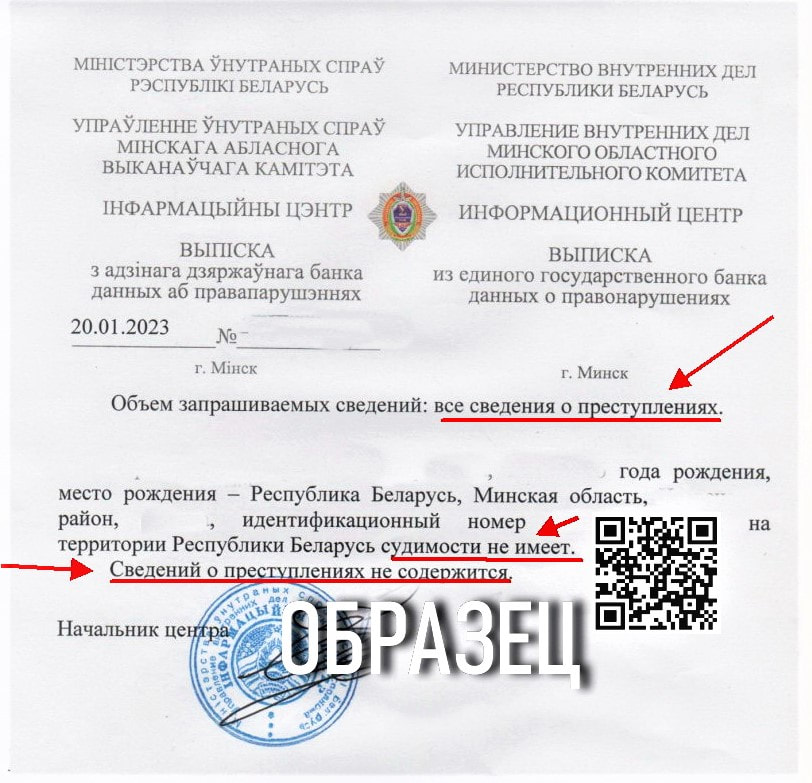



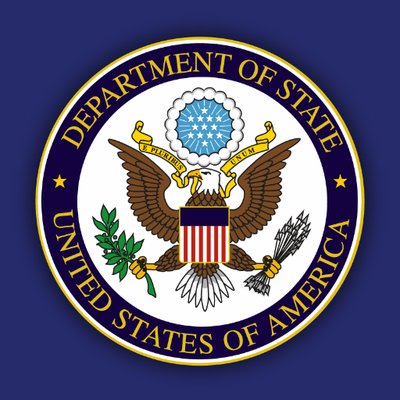




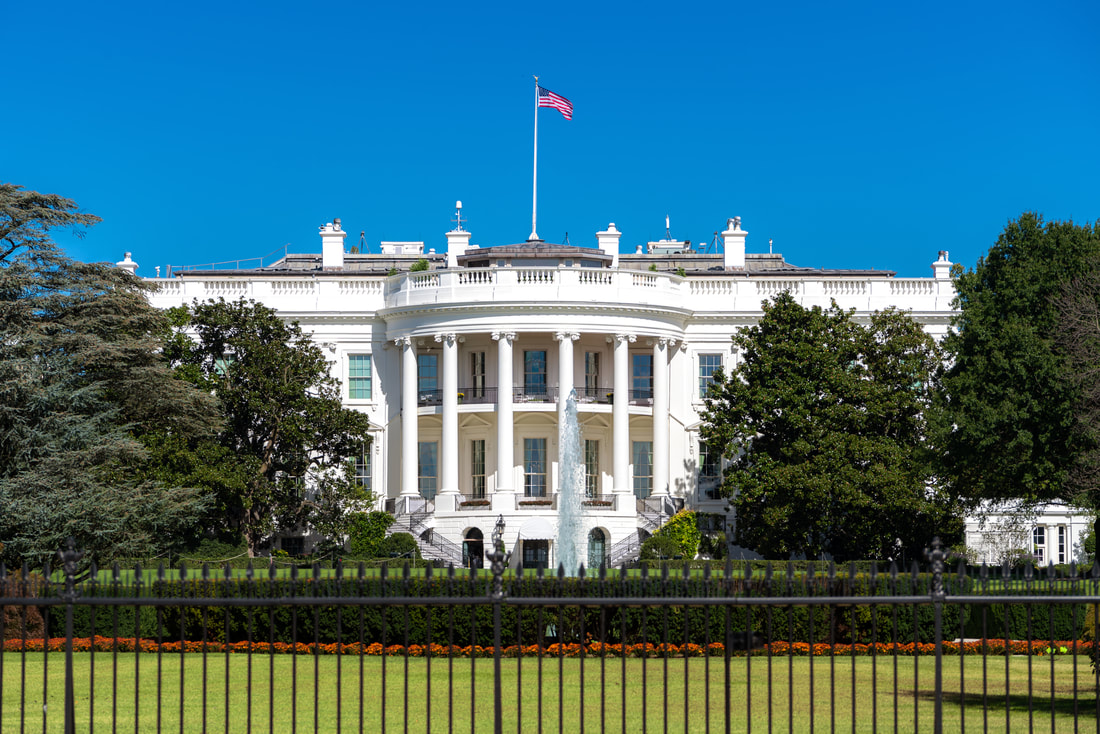
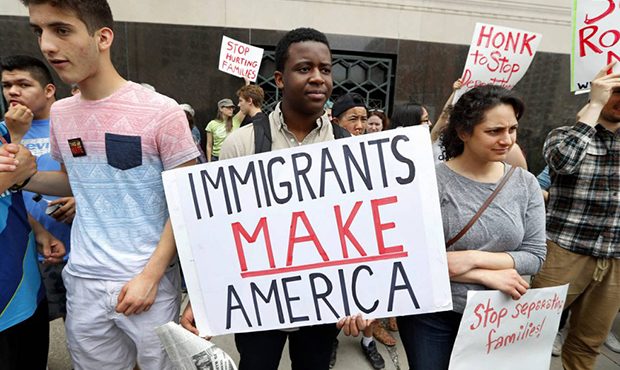
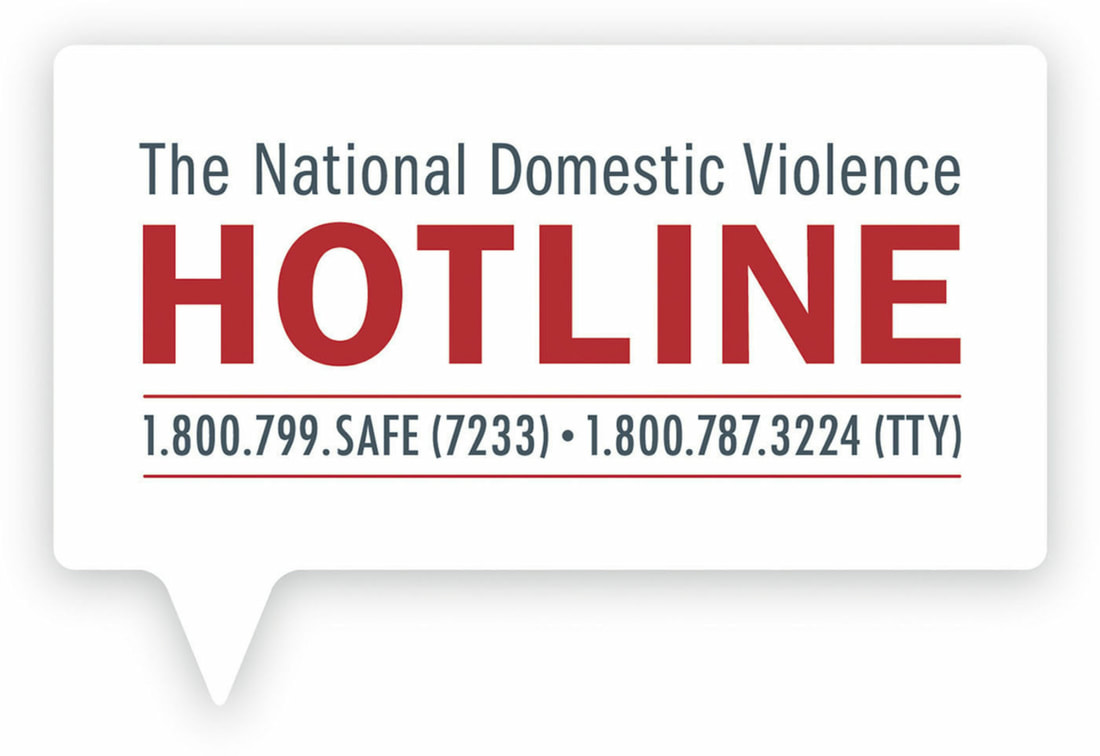
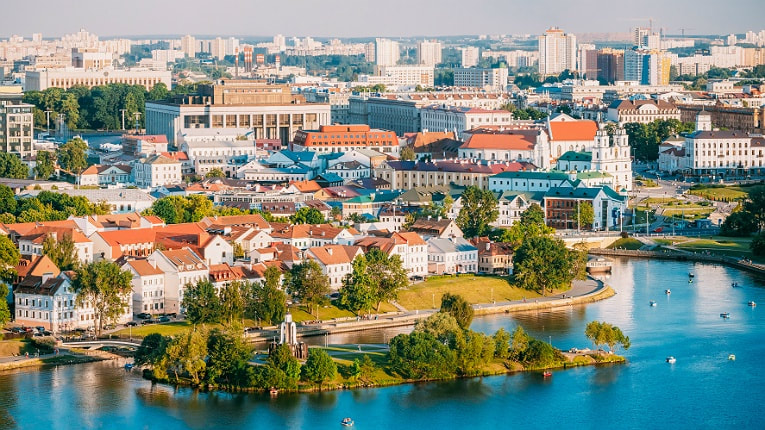

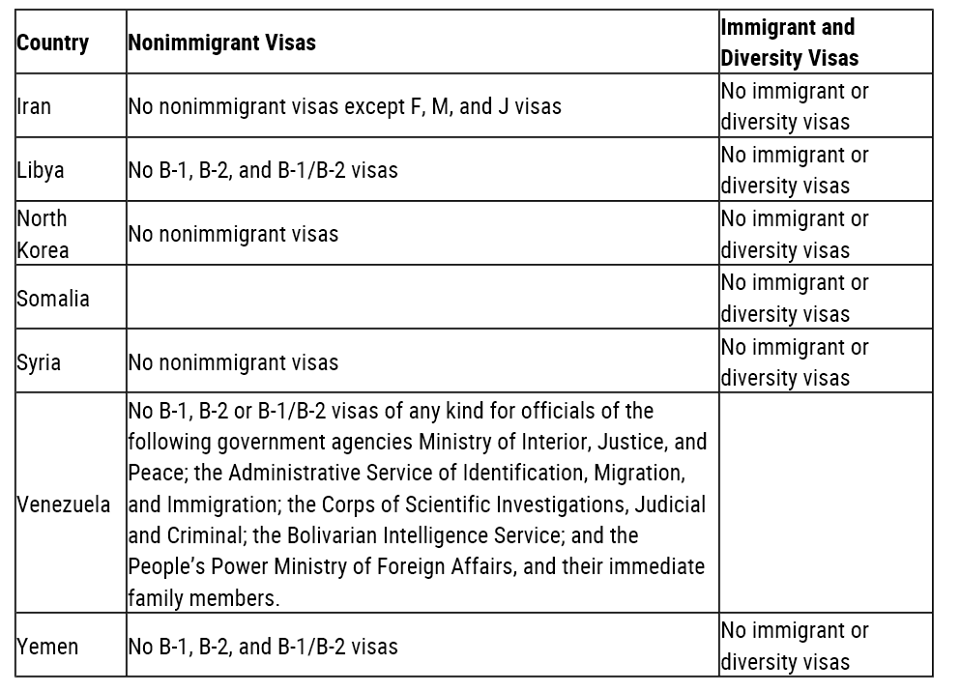

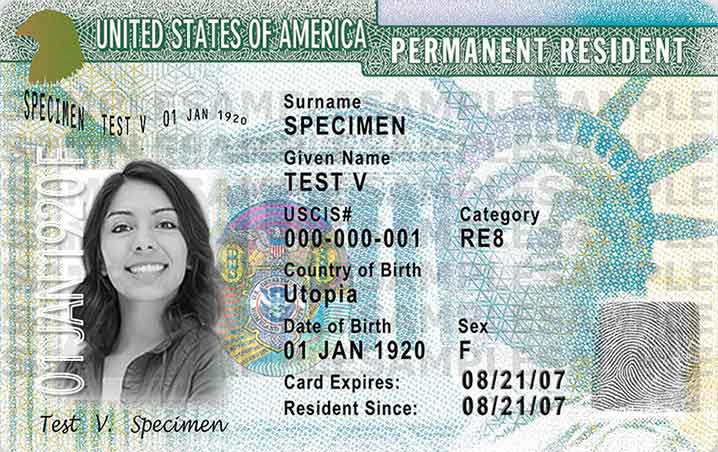

 RSS Feed
RSS Feed